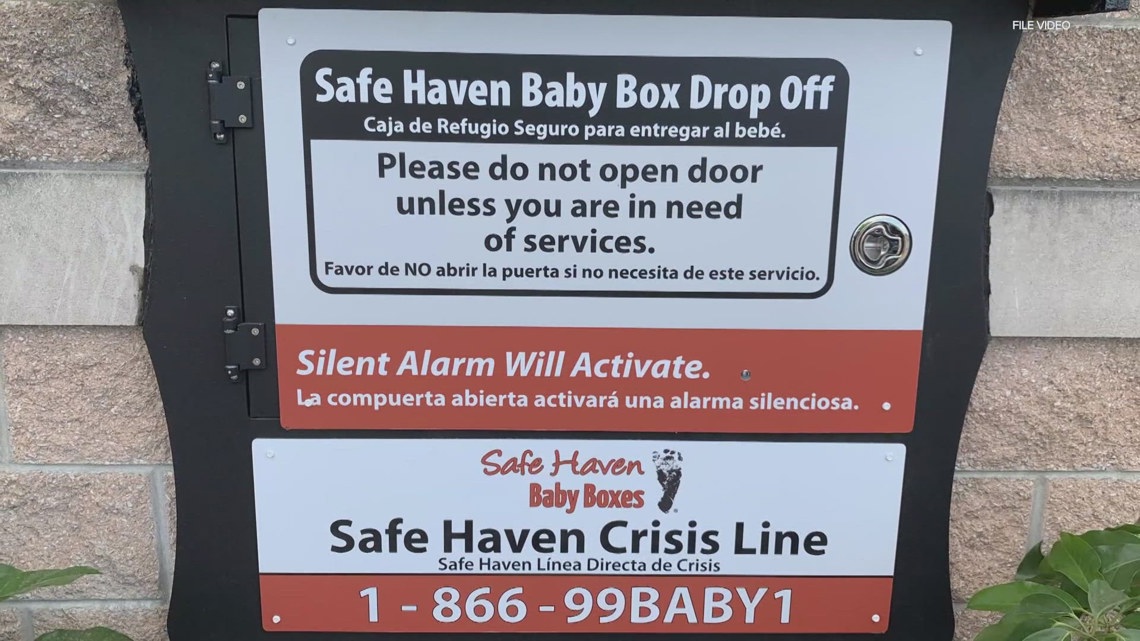Joran van der Sloot, the chief suspect in the 2005 disappearance of Natalee Holloway, arrived in the United States from Peru on Thursday to face charges that he attempted to extort money from the missing woman’s mother.
An FBI-operated plane carrying van der Sloot landed at Birmingham's Shuttlesworth Airport about 2:30 p.m. — just hours after Peruvian authorities handed him over temporarily to U.S. custody — and the suspect was escorted down the steps into a black SUV, which brought him to a local jail. Van der Sloot will appear in federal court later to face the charges.
The suspect has been serving a 28-year sentence in Peru after confessing to killing a Peruvian woman. He is wanted in the U.S. on one count each of extortion and wire fraud — the only charges to have ever linked the Dutch citizen to Holloway’s disappearance on the Caribbean island of Aruba. He was handed over to the U.S. roughly a month after both countries agreed on his extradition.
Holloway’s mother, Beth Holloway, said she was “overcome with mixed emotions.”
“As a mother who has tirelessly pursued justice for the abduction and murder of my precious daughter, I stand before you today with a heart both heavy with sorrow and yet lifted by a glimmer of hope,” she said in a written statement. “For 18 years, I have lived with the unbearable pain of Natalee’s loss. Each day has been filled with unanswered questions and a longing for justice that has eluded us at every turn. But today ... I am hopeful that some small semblance of justice may finally be realized.”
Natalee Holloway, 18, was on a high school graduation trip with classmates in Aruba when she vanished. She was last seen leaving a bar with van der Sloot in 2005. Van der Sloot was questioned in Holloway’s disappearance, but never charged. U.S. prosecutors said that in 2010, van der Sloot reached out to Beth Holloway, seeking $250,000 to disclose the location of the young woman’s body. A grand jury indicted him that year on one count each of wire fraud and extortion.
U.S. & World
Holloway’s body has never been found.
Video and photos released by Peruvian authorities Thursday showed van der Sloot wearing jeans and a black puffer jacket, shaking his shoulders and grimacing as officers adjusted his handcuffs and removed an Interpol-marked vest. Footage and images also showed van der Sloot in a conference room with law enforcement officers from Peru, the FBI and Interpol, and a health care professional.
Get a weekly recap of the latest San Francisco Bay Area housing news. Sign up for NBC Bay Area’s Housing Deconstructed newsletter.
Holloway’s mysterious disappearance sparked years of news coverage and countless true-crime podcasts.
In 2012, van der Sloot pleaded guilty in Peru to killing 21-year-old Stephany Flores, a business student from a prominent Peruvian family. She was killed in 2010 five years to the day after Holloway’s disappearance.
Van der Sloot married a Peruvian woman in July 2014 in a ceremony at a maximum-security prison. He was transferred among Peruvian prisons in response to reports that he enjoyed privileges such as television, internet access and a cellphone, and accusations that he had threatened to kill a warden.
A 2001 treaty between Peru and the U.S. allows a suspect to be temporarily extradited to face trial in the other country. Van der Sloot’s attorney, Máximo Altez, initially indicated his client would not challenge his extradition but that changed Monday when he filed a writ of habeas corpus. A judge ruled against van der Sloot the following day.
The time that van der Sloot ends up spending in the U.S. “will be extended until the conclusion of the criminal proceedings,” including the appeal process, should there be one, according to a resolution published in Peru’s federal register. The resolution also states that U.S. authorities agree to return van der Sloot to the custody of Peru afterward.
Joyce Vance, a federal prosecutor in Alabama when van der Sloot was charged, said his arrival in the southern U.S. state is a long-awaited opportunity for justice.
“We always say that justice delayed is justice denied, and there’s a certain simple truth to that," said Vance, the former U.S. attorney for the northern district of Alabama, which includes Birmingham. “But this case makes me think sometimes justice delayed is actually worth it. It’s not optimal. It’s not what anybody would have wanted at the outset, but justice delayed is better than justice never delivered.”
___



